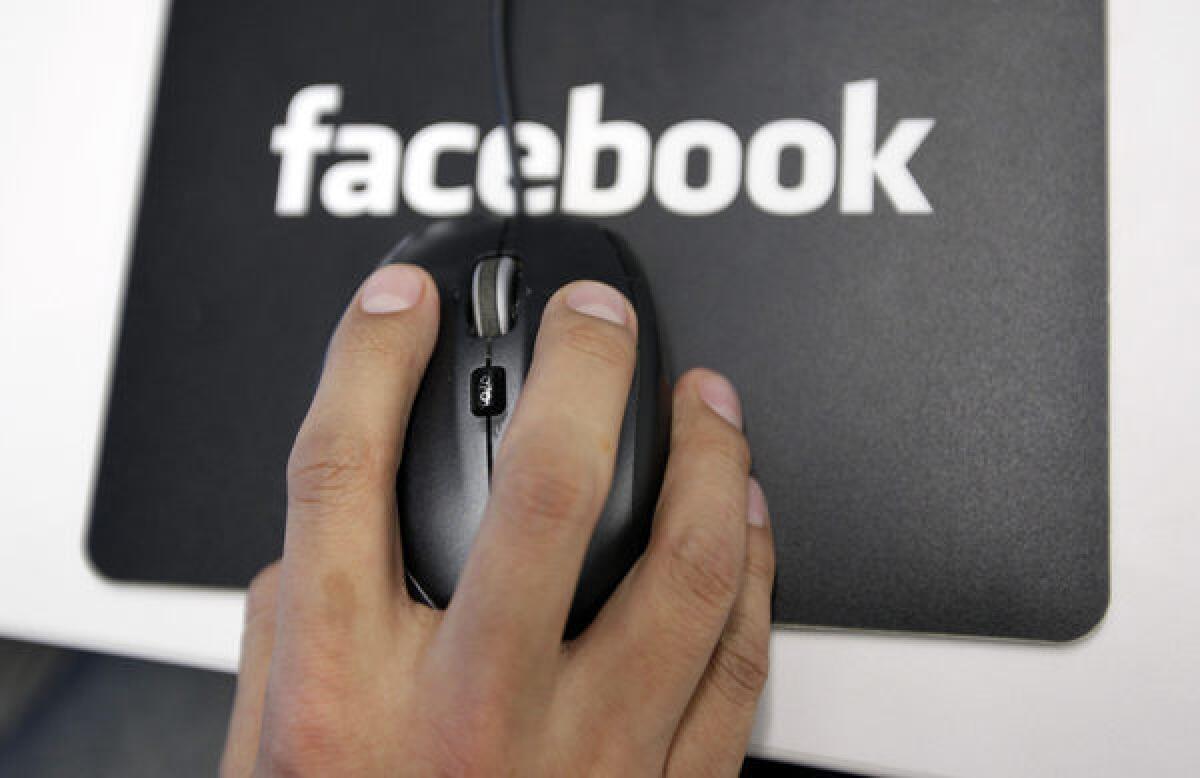Millennials, bad at being private, value privacy

- Share via
The so-called millennial generation (a category that, in full disclosure, includes me) is often criticized for redefining the acceptable boundaries dividing information that should be made public and kept private. Some say, therefore, that young adults are simply more comfortable with the idea of sharing personal information.
But new polling from the Pew Research Center tells a different story. Millennials may be increasingly willing to share information, but they still value controlling it. The poll found that when it comes to the government collecting phone and Internet records, younger Americans (18 to 29 years old) are more skeptical than adults:
“Despite their ‘share everything’ image, privacy still matters for young American adults. But they distinguish between information they voluntarily share on social-networking sites and systematic monitoring by government agencies of telephone and Internet traffic. In response to revelations last week that the NSA is conducting such surveillance of Americans, government officials told Congress this week that those programs have disrupted more than 50 terrorist plots at home and abroad.
“A Pew Research Center survey from last week found that, among all age groups, young adults were most likely to say that it’s more important for the federal government not to intrude on personal privacy, even if that impedes its ability to investigate potential terrorist threats.”
Forty-six percent of young adults said it was fair for Internet companies to collect user information for target ads in exchange for free service, compared with 33% of other adults. And yet 55% of young adults disapproved of the “government collection of telephone and Internet data as part of anti-terrorism efforts,” compared with 47% of other adults.
Millennials have hit at an important point that’s been somewhat lost in the discussion following new revelations of government surveillance: there’s a big difference between privacy and being private.
The poll (and anecdotal evidence) suggests millennials don’t care much at all about being private. But they do value privacy.
Being private is a choice. When you hit “post” on Twitter or Facebook, a choice has been made to disseminate information. Even if it’s been shared with one person, the information has been shared, and has shifted from being private knowledge to shared knowledge. This remains true even for more private forms of communication, such as Facebook chat or email. Each time you provide information in a transaction, you are, to some extent, voluntarily choosing to share information, opening yourself up to at least the potential that it could become known to a wider audience. By sharing the information, even confidentially, you are knowingly taking a risk that it will turn public. And with screenshots, nothing disappears (Anthony Weiner knows what I mean).
But privacy is a different consideration altogether.
Privacy, at least in this country, is a right. It affords one the ability to remain private until one chooses not to be. And the act of visiting a Web page or making a telephone call is not understood to be public in the same way that posting on Twitter or Facebook is. One is data that exist without the user’s explicit knowledge and one is data that have been knowingly created with the user’s knowledge. The poll results, in this regard, aren’t contradictory at all. They make logical sense.
There are no doubt instances in which the government has a compelling interest to intrude on personal privacy. But it’s comforting to know that the “public generation” won’t take it lightly.
ALSO:
Russia’s family values experiment
The soft sciences matter as much as ever
Twitter: @danielrothberg
More to Read
A cure for the common opinion
Get thought-provoking perspectives with our weekly newsletter.
You may occasionally receive promotional content from the Los Angeles Times.









